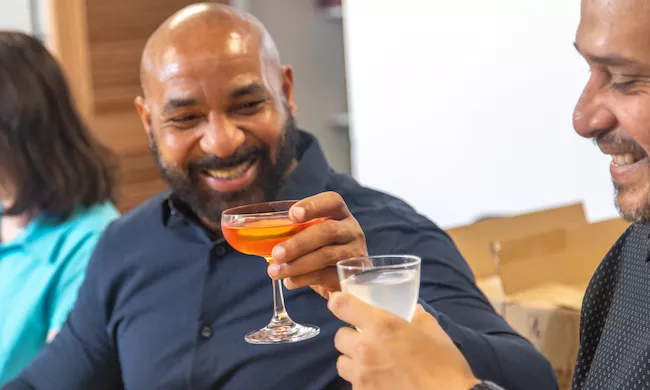
Wine Essentials Series
This six-session course, taught by ICE's Lead Instructor of Wine Studies and Advanced Sommelier, Paul Sherman, uses grape varieties, as well as winemaking regions, as the keys to understanding the full wine spectrum. You will receive a thorough introduction to winemaking, tasting, laws and labeling as you learn about wine components and taste some of the world’s most celebrated wines.














